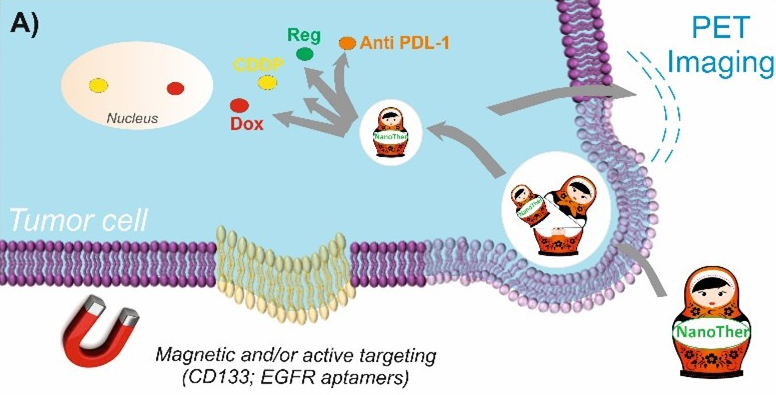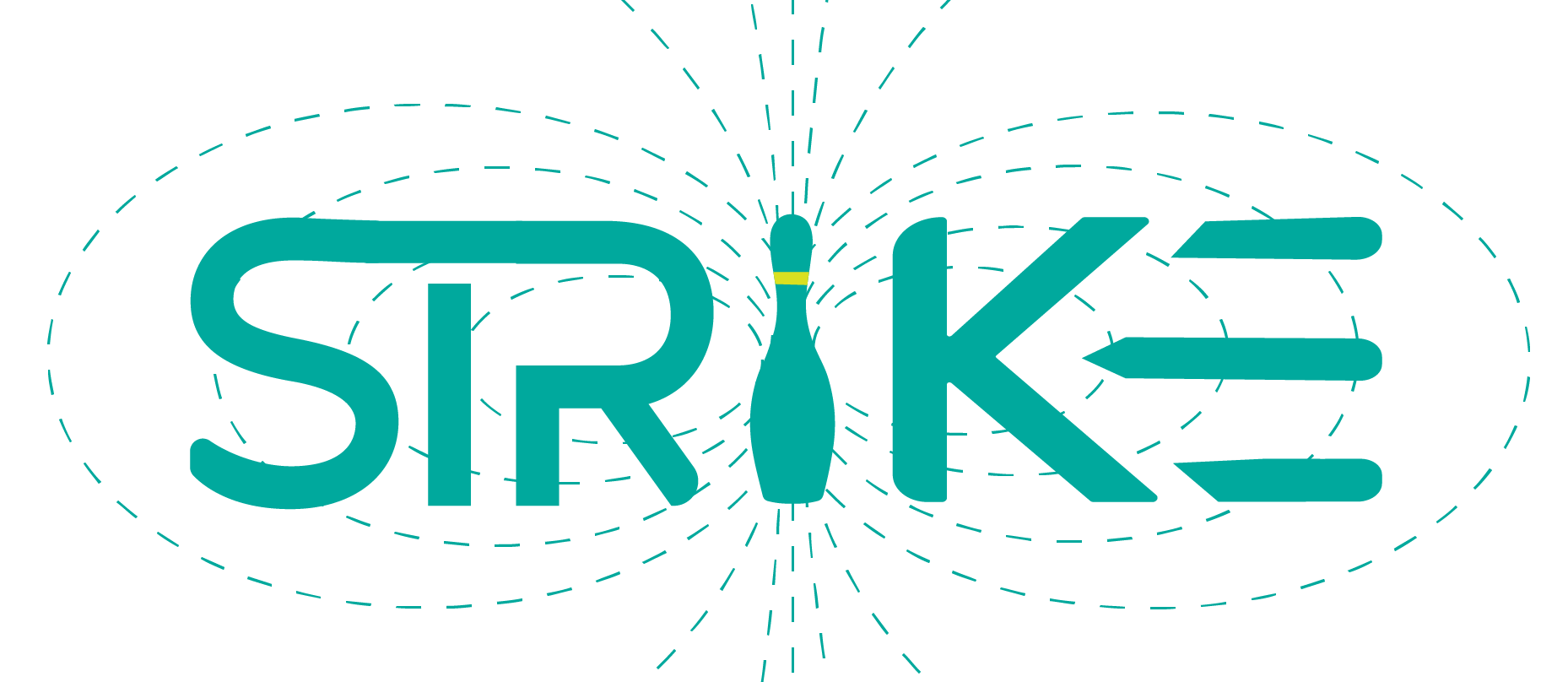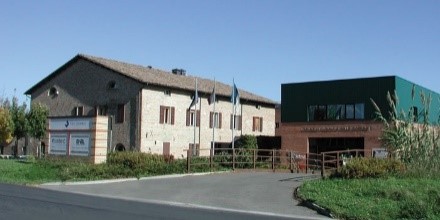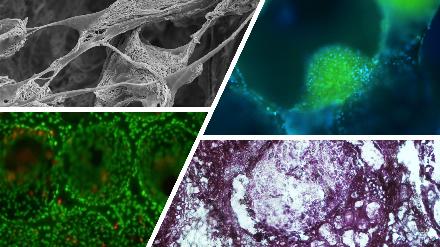Biological evaluation of new magnetic nanotherapeutics (NanoTher) in 2D and 3D scaffold-based in vitro osteosarcoma models
The candidate should have preferentially a M.Sc. in Biology, Biotech or related topics
Tumors localized in bone still remain incurable fatal diseases due to either the fast clearance or non-specific binding profile of the therapeutic agents. In addition, the solid composition, and the large surface area of bones, prevent the therapeutics to reach the desired site and represent the major drawback in the treatment of bone malignancy. Therefore, the treatment of bone tumors, such as osteosarcoma (OS) remains highly challenging, and no significant progress was achieved from any scientific areas including nanomedicine. STRIKE is an innovative MSCA doctoral training network with a long-term vision for the development of breakthrough technologies for cancer treatment: i) magnetic-responsive nano-hybrid materials (MNPs) for diagnosis and therapy, ii) targeted OS therapy and diagnosis iii) innovative strategy for early diagnosis with liquid biopsy. STRIKE will take advantage of the unique properties of STRIKE nanomaterials to develop remotely triggered nanotherapeutics (NanoTher) for OS. The interactions of nanomaterials and drugs, the cellular uptake of nanotherapeutics and the permeability of nanotherapeutics across biological barriers depend on the physical/chemistry features and on the architecture of the nanomaterials and on the use and nature of external physical stimuli. STRIKE will face these challenges by creating 3D scaffold-based in vitro models resembling the complexity of human osteosarcoma tissue, with particular focus on CSCs niche, that could improve the predictivity of preclinical studies and strongly enhance the clinical translation. These more predictive systems allow to better understand, by the biological point of view, the mechanism of action of the smart and engineered MNPs that will be endowed with specific and targeted anticancer activity and diagnostic ability for theragnostic applications. STRIKE will design drug loaded MNPs functionalized with CD133 and EGFR aptamers (NanoTher) targeting CSCs and OS cells respectively. Functionalized MNPs will be exploited to entrap and deliver conventional chemotherapeutics (e.g. cisplatin, doxorubicin), and targeted therapy (e.g. tyrosine kinase inhibitors, immune checkpoint inhibitors) alone or as an application of combinational drug regimen.

Project 2 Objectives:
i) Definition of the cell/NanoTher interaction and the therapeutic efficacy in vitro.
ii) Through the new concept of “tumor engineering” it will develop a complex and advanced 3D scaffold-based culture model that mimics in vivo osteosarcoma microenvironment as more predictive preclinical relevant cancer models for the biological validation of the new NanoTher.
iii) Validation of the efficacy of the magnetic control for NanoTher localization and drug release.
iv) Selection of the most promising magnetic NanoTher for the in vivo study.
During the mobility periods, ESR2 will gain experience with imaging techniques, with in vivo evaluation of pharmacokinetics, with xenograft models, with the synthesis of metal-based drugs and with the basic principles of magnetism and on the devices for remote control of nanoparticles.
The project will be mainly carried out at the National Research Council of Italy - Institute of Science, Technology and Sustainability for Ceramics (CNR-ISSMC), Faenza, Italy under the supervision of Dr. Monica Montesi. The PhD degree in “Applied Biology and Experimental Medicine” (3 years programme)” will be awarded at the University of Messina under the supervision of Prof. Maria Teresa Sciortino
ISSMC (www.istec.cnr.it) is an interdisciplinary institute for the study of advanced ceramic materials in the biomedical, energy, aerospace and environmental fields. The cell/material BioLAB of ISSMC is highly specialized in the design, development and biological characterization of smart biomimetic materials for regenerative medicine, nanomedicine and tumor/tissue engineering applications. The lab is fully equipped with high-tech instruments to perform 2D and 3D cell culture systems and for the evaluation of the biomaterials and nanosystems activity on cell behaviour.
Planned secondments:
- STEM Innovation (Italy), 1 week: Complementary training meeting on IPR management and soft skill.
- NUIM (Ireland), 1 month: To learn the synthetic procedure for the synthesis of functionalised metal-based drugs.
- Nantes University, UN (France), 2 months: to be trained in the in vivo study of the effect of MNPs in osteosarcoma animal models.
- Medizinische Universitaet Wien, MUV, 2 months: to be trained in the evaluation of pharmacokinetics of MNPs in vivo.
- Nanotech Solutions, NTSOL (Spain), 1 month: To be trained on basic principles of magnetism and on the devices for remote control of MNPs.
For more information concerning the research project please contact:


